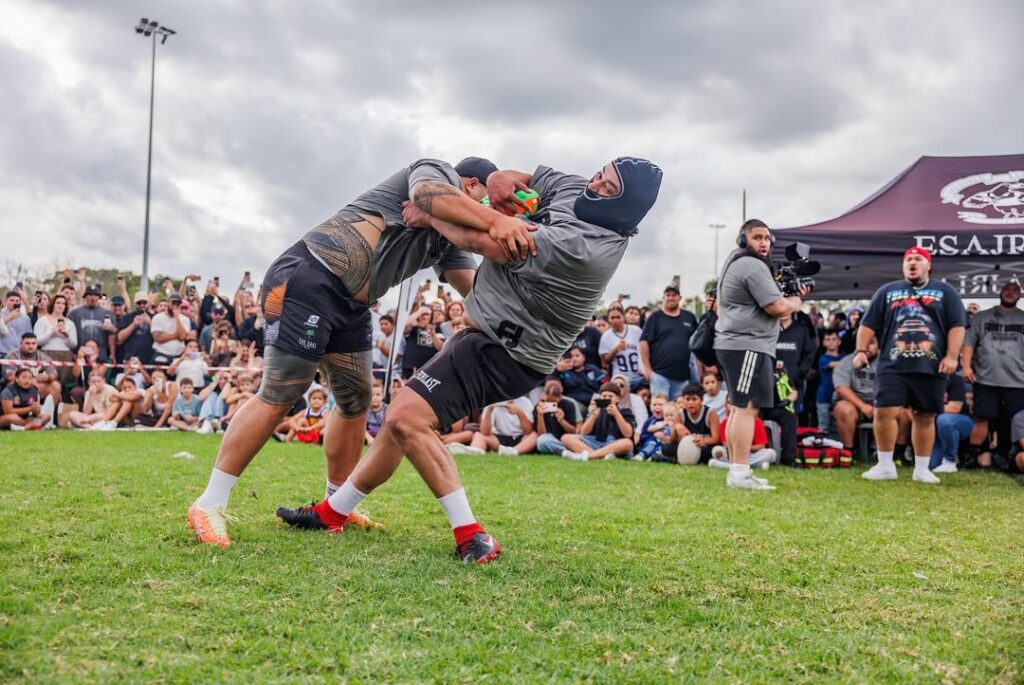While the delta strain continues to wreak havoc around the world, one aspect of the global coronavirus pandemic that continues to baffle scientists and health officials is long covid. While most who catch Covid-19 won’t become severely ill, a significant number of people around the world have experienced long-term problems even after recovering from the original infection, even if they weren’t particularly ill in the first place. Some continue to battle with extreme tiredness and shortness of breath, while others report problems with memory and concentration, along with joint pain and changes to taste. Most shockingly, long Covid isn’t an issue confined to an older demographic; even athletes and the world’s fittest have experienced it.
Little is known about long Covid and why some people might experience it, but a new study involving millions in the UK has found that those who are fully vaccinated against Covid-19 are less likely to develop it. After receiving both jabs, participants found that their chances of developing long Covid symptoms were reduced by about 50 per cent compared to those who hadn’t been vaccinated at all.
The study, which was recently published in the Lancet Infectious Diseases, includes data for more than a million people in the UK who reported receiving at least one dose of a Covid vaccine, through an app. Of those 1.24 million people on the app who received one dose of the coronavirus vaccine, 0.5 per cent developed a coronavirus infection. Of 971,500 people who reported getting a second dose, just 2,370 people (0.2 per cent) reported having Covid-19 at least seven days after their second shot. Those participants were then matched with similar control participants, who were unvaccinated people and tested positive for Covid-19.
The study found that compared to unvaccinated people who developed Covid-19, those who were fully vaccinated and developed breakthrough infections were less likely to be hospitalised as a result of the virus. They were also less likely to experience five or more of the coronavirus symptoms, and less likely to still have symptoms 28 days later – emblematic of long Covid.
According to the study’s researchers, “We found that the odds of having symptoms for 28 days or more after post-vaccination infection were approximately halved by having two vaccine doses.” They added, “This result suggests that the risk of long Covid is reduced in individuals who have received double vaccination when additionally considering he already documented reduced risk of infection overall.”
As NSW continues to grapple with the recent Covid-19 outbreak, today Premier Gladys Berejiklian announced that the state had reached a single-dose rate of 81 per cent in some suburbs, urging others to continue moving forward with their vaccinations in the hope of reaching double-dose in the coming months. To further motivate, the Premier announced a potential ‘Freedom Day’ in October, for those who are double-vaccinated. Sydney residents who are fully immunised against Covid-19 can legally visit bars and clubs across the city under new government health orders.















